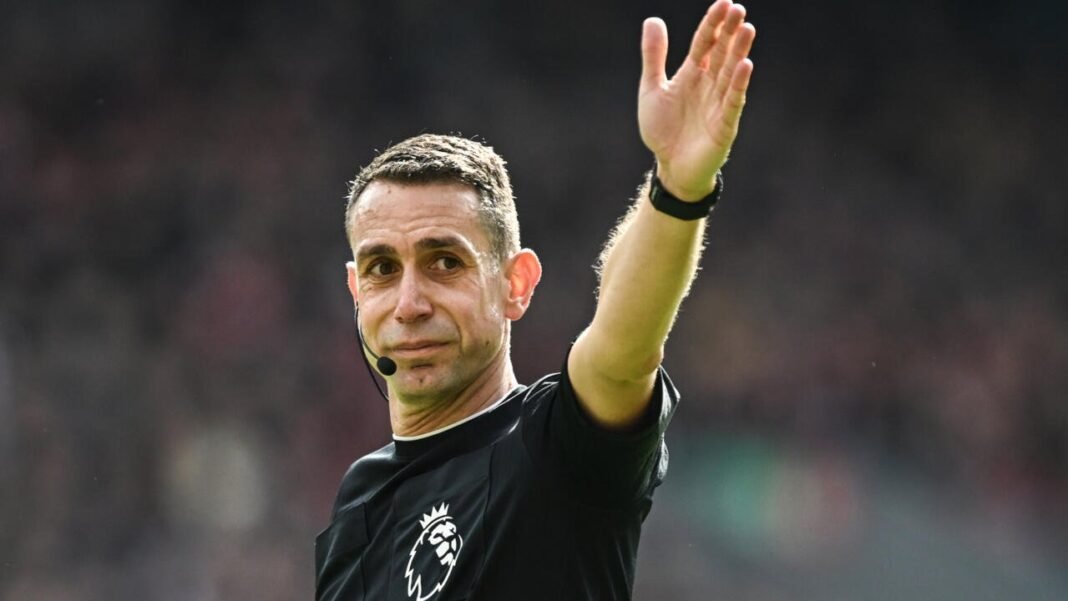Early childhood education (ECE) is one of the most significant investments we can make in the future of our children. During these formative years, from birth to around age five, a child’s brain develops at an extraordinary rate, building the foundation for their lifelong learning, behavior, and health. Let’s explore why early childhood education is so essential and the impact it has on children, families, and society.
Critical Brain Development in the Early Years
A child’s brain is most malleable during the early years, acting like a sponge that absorbs information, experiences, and stimuli. By the age of five, the brain has developed nearly 90% of its capacity. Early childhood education nurtures this growth by providing structured, stimulating environments filled with opportunities for exploration, play, and learning. These programs help children develop essential skills such as problem-solving, memory, and critical thinking.
Building Social and Emotional Skills
Early childhood education is about more than just academics; it’s a vital time for social and emotional growth. ECE programs encourage children to interact with peers and adults, teaching skills like cooperation, empathy, and conflict resolution. These interactions help children develop emotional intelligence, which is crucial for maintaining healthy relationships and managing challenges later in life.
Preparation for Academic Success
ECE serves as a bridge to formal schooling, equipping children with the skills they need to succeed in kindergarten and beyond. Programs focus on developing pre-reading and math skills through engaging activities such as storytelling, counting games, and hands-on projects. Research has shown that children who attend high-quality early education programs are more likely to excel academically, graduate high school, and pursue higher education.
Reducing Developmental Gaps
Not all children have equal access to enriching experiences at home due to socio-economic disparities. Early childhood education programs play a critical role in leveling the playing field. They provide resources, mentorship, and learning opportunities to children from diverse backgrounds, ensuring that every child has the chance to thrive regardless of their circumstances.
Promoting Lifelong Learning and Adaptability
The skills learned in early childhood education go beyond academics. Curiosity, resilience, adaptability, and a love for learning are nurtured through creative play and exploration. Activities such as building blocks, art projects, and group games encourage children to ask questions, experiment, and thinking critically will carry throughout their lives.
Benefits for Families and Communities
ECE programs also provide invaluable support to families. They offer parents the peace of mind that their children are in a safe, nurturing environment while they work or pursue education. Additionally, these programs often involve caregivers in the learning process, fostering stronger parent-child relationships and creating a supportive community.
On a broader scale, communities benefit from early education through reduced crime rates, lower unemployment, and a more educated workforce. High-quality ECE programs are an investment in a prosperous society.
Encouraging Individual Growth and Inclusion
Every child is unique, with different strengths, needs, and learning styles. Early childhood educators are trained to create inclusive environments that cater to diverse abilities and backgrounds. This approach ensures that all children feel valued and have the opportunity to reach their full potential.
Conclusion: A Foundation for the Future
Early childhood education is more than just preparation for school\u2014it’s the cornerstone of a child’s development. By fostering cognitive, social, and emotional growth during these formative years, ECE sets the stage for lifelong success. Whether it’s through enhanced academic performance, better emotional well-being, or stronger communities, the benefits of early education ripple far beyond the classroom.
Investing in early childhood education is an investment in a brighter future for children and society as a whole. Let’s prioritize these critical years and give every child the best possible start in life.



